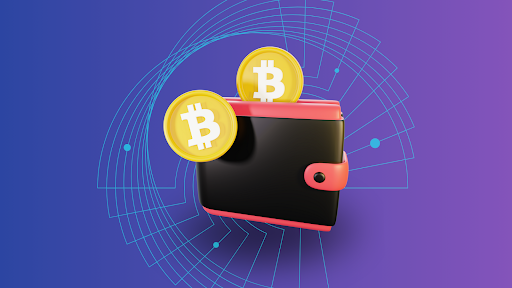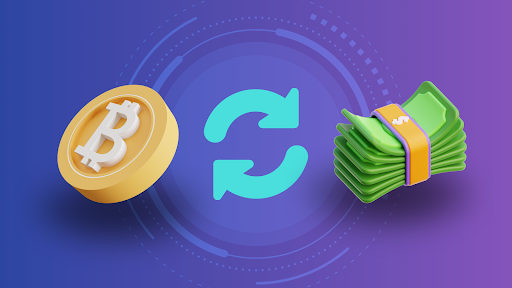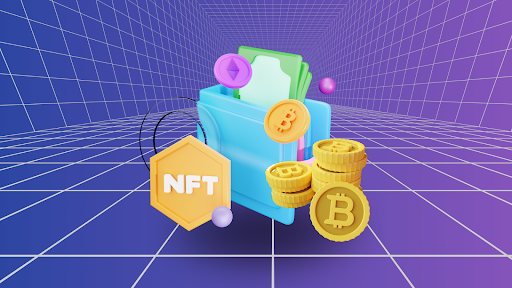- Products
Saakuru Blockchain Blockchain with no gas fee
Learn moreSaakuru App All-In-One crypto wallet
Learn moreSaakuru SDK Embed Web3 wallet easily
More InfodApp Store Discover Thousands of dApps
Learn moreSaakuru Games Guild Management Tool
Apply for scholarshipTomoOne Grow virtual pet
Learn moreSaakuru Cashback Shop online with discount
Learn more - Token
- Academy
- Saakuru Live
- About us
- Community


















